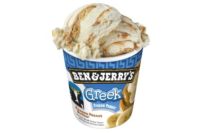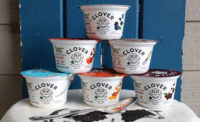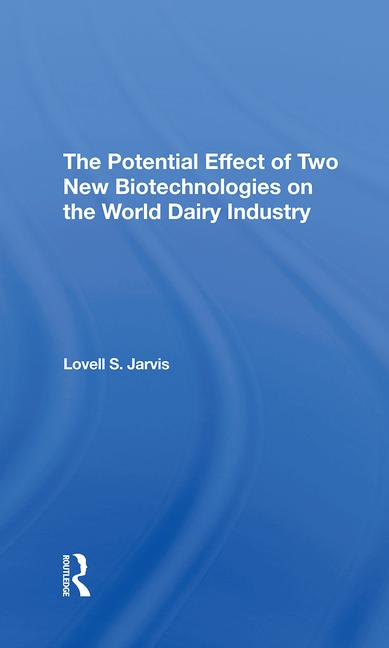Dairy processors are stayin’ alive with new processes, new products

One hundred years ago, World War I started in Europe. The United States declared war on Germany in 1917 and this so-called “war to end all wars” came to a close on Nov. 11, 1918.
Less noticeable events in 1914 (courtesy of historyorb.com) included:
- the first steamboat passed through the Panama Canal
- Charlie Chaplin debuted his character The Little Tramp
- the first stone of the Lincoln Memorial was laid
- H. Carrier patented the air conditioner
- Congress established Mother’s Day
- the first transcontinental phone link was made between New York City and San Francisco
- the Federal Trade Commission was formed
- the Greyhound Bus Co. began in Minnesota
Dairy news from 1914 includes the opening of the J.L. Kraft & Bros. Co. cheese plant in Stockton, Ill. That family-owned business grew into the international food giant Kraft Foods Group. William Kemps co-founded the Lathrop-Kemps ice cream company in Minneapolis the same year. Kemps was bought and sold several times over the last 100 years. Today it is a unit of Dairy Farmers of America. To celebrate its centennial, Kemps set a Guinness World Record with a 3,013-pound scoop of strawberry ice cream at the Cedarburg Strawberry Festival in Wisconsin.
A third dairy company celebrating 100 years of operation this year is Velvet Ice Cream Co., Utica, Ohio. Joseph Dager, a Lebanese immigrant, began churning ice cream in the basement of his brother-in-law’s candy store. The business grew and succeeding generations ran the company. Today, great-granddaughter Luconda Dager is the president; her sisters Joanne and André are vice presidents. (Read more about this company.)
Adapt to survive
Professor Vicki TenHaken of Hope College, Holland, Mich., identified common traits of long-lived family businesses in a USA Today article in 2012. She said these businesses seem to manage change better than most. Most changes are continuous; when companies must change, they spend a long time planning for it, the newspaper reported.
“Long-lived companies see long-term relationships — with customers, suppliers, employees, the community — as very significant. They would never leave their hometown for something such as a tax break,” according to USA Today.
Velvet Ice Cream honors tradition by following old recipes that have proven to be successful, yet it adapts to the times and tastes of the present with new flavors, like Blueberry Sweet Corn. The company looks ahead to the next generation of consumers by employing social media tools like Pinterest, Instagram, Twitter and Facebook.
When I visited Velvet this summer, Marketing Manager Nathan Arnold told me that social media works faster than any other marketing the company does. “It’s good for us,” he said, noting that while ice cream is a product that is bought by an older demographic, social media marketing helps to attract younger consumers.
Hiland Dairy is another food maker that finds social media helpful in promoting its products and in developing new flavors. The company has found success with flavored milks sold for a limited time. Using social media to promote flavors (like jelly bean, pumpkin spice and chocolate marshmallow) is quick and faster than traditional advertising, said the dairy’s Chief Strategy Officer Kathy Broniecki. Speaking at the Dairy Foods’ Milk and Flavored Milk webinar in September, Broniecki said the company crowd sources flavor ideas from social media. Flavored milk is plus-business for Hiland; sales of the quarts are not cannibalizing white milk sales.
New products from new processes
Dairies need new products, and none more than milk processors. Besides flavors and packaging, processing technology plays a role in bringing ideas to market. Fairlife LLC CEO Steve Jones also participated in the webinar. He talked about Fairlife’s investment in propriety equipment and filtration processes to boost protein levels in its milk (12 grams per serving) and Core Power milk shakes (26 grams). Protein is no longer a fad, he said.
Milk is tightly controlled by the federal government, which regulates the price (through the Federal Milk Marketing Orders), the processing (Pasteurized Milk Ordinance) and the marketing (Standards of Identity).
Jones said he can’t let the standards of identity get in the way of the products his company makes. Fairlife makes what the market wants – a high-protein dairy beverage. Whether the name is milk, milk shake, milk-based beverage or something else is irrelevant.
Dairy newcomer Fairlife was founded just this decade, while Hiland, Velvet, Kemps and Kraft started out in the last century. All are reading and reacting to the market with dairy products that consumers want.
Will your company celebrate its 100th anniversary? Perhaps a better question is: What are you doing today to assure that your company will be in business tomorrow?
Looking for a reprint of this article?
From high-res PDFs to custom plaques, order your copy today!







